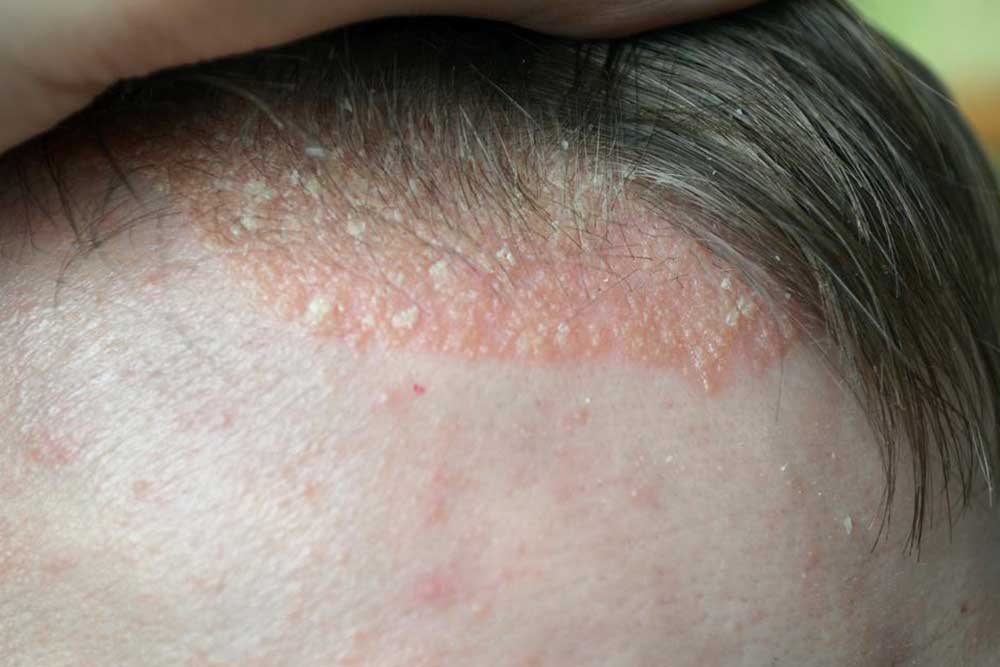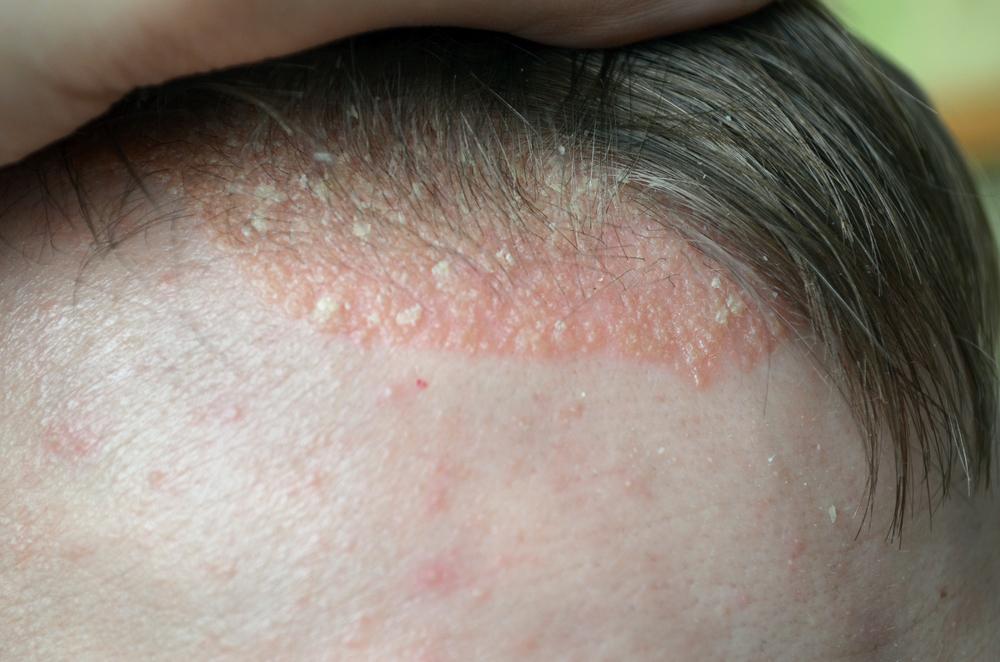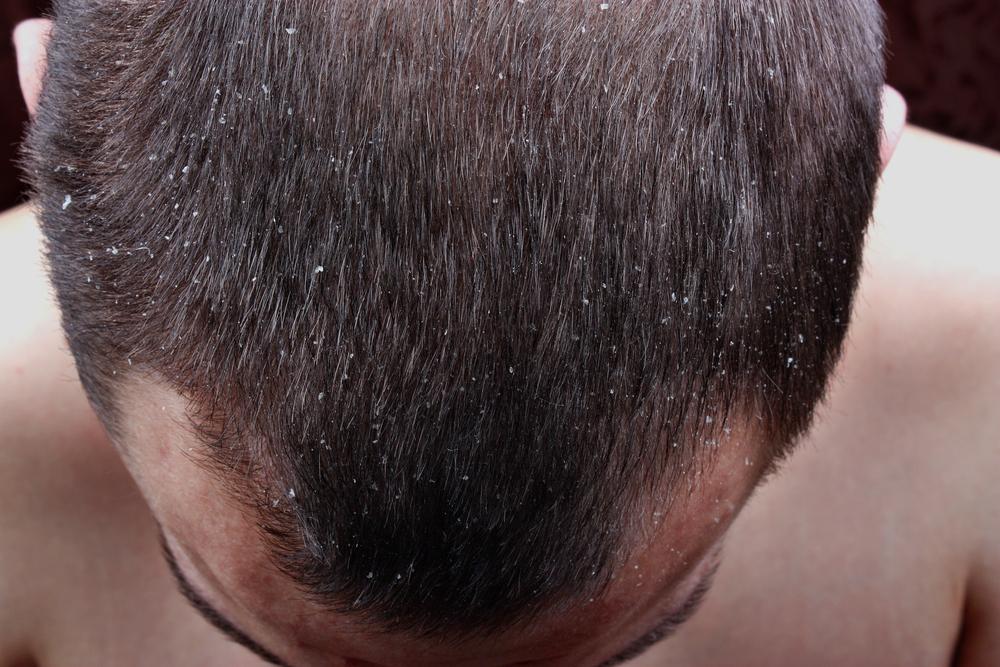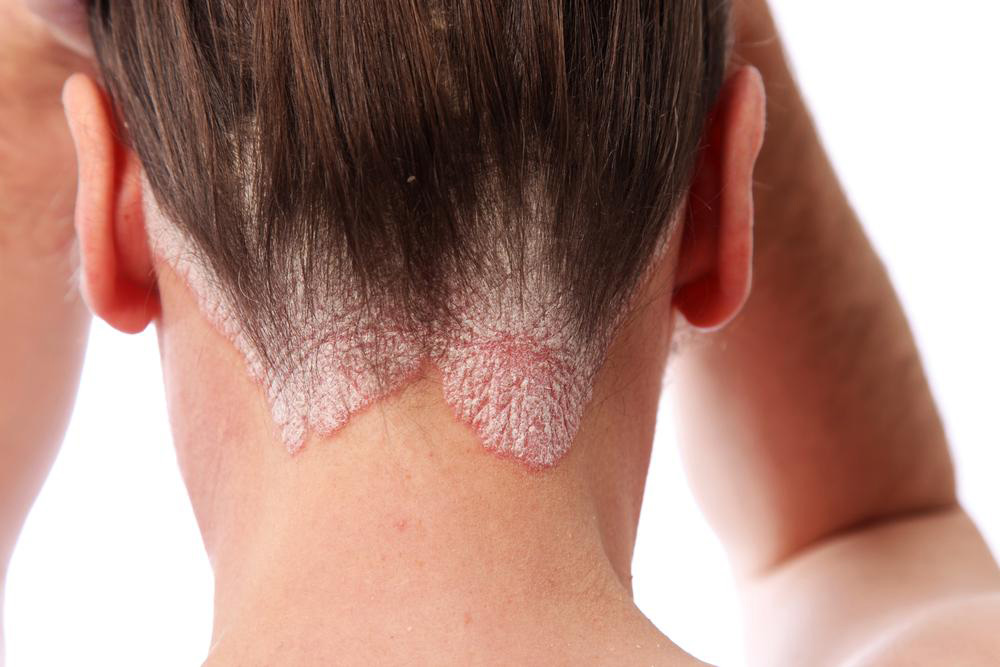Understanding Scalp Psoriasis: Key Symptoms to Recognize
Scalp psoriasis affects about 3% of the population, presenting as red, scaly patches that may lead to itching, soreness, and hair loss. Recognizing key symptoms such as silvery flakes, crusted sores, and dryness can aid early diagnosis. While not contagious, it requires proper treatment to prevent discomfort and hair damage. Consulting a dermatologist ensures effective management. Early intervention can greatly improve quality of life for those with scalp psoriasis.

Understanding Scalp Psoriasis: Key Symptoms to Recognize
Scalp psoriasis is a prevalent skin condition characterized by inflamed, scaly, and elevated patches on the scalp. It can appear as a solitary plaque or multiple small patches scattered across the scalp area. As the condition worsens, it may extend to the neck and face regions. Importantly, it is non-contagious. While the exact cause remains unknown, experts believe immune system dysfunction plays a role.
Recognizing Symptoms of Scalp Psoriasis The symptoms vary from mild to severe. Mild cases may show fine scales, whereas advanced stages can cause thick, itchy crusted skin.
Red, raised, and flaky skin: This typical sign displays a reddish, slightly elevated area covered with scales.
White or silvery flakes: These scales can be scraped off and often resemble dandruff, falling onto shoulders and neck.
Itching and dryness: Persistent irritation leads to itching, dryness, and sometimes cracking of the scalp skin.
Soreness and burning sensation: Scratching causes soreness and tiny bleed points due to peeling scales.
Crusted sores: Severe cases develop crusted lesions on the scalp.
Hair shedding: Excessive scratching and skin damage may lead to hair loss, although psoriasis itself does not directly cause baldness.
Approximately 3% of Americans experience psoriasis. Persistent, severe scalp psoriasis can severely impact daily life, causing discomfort and sleep disturbances. Early diagnosis and proper scalp care are essential for effective management.










